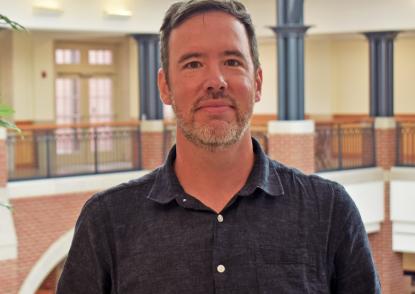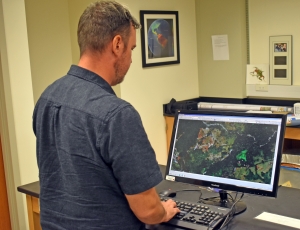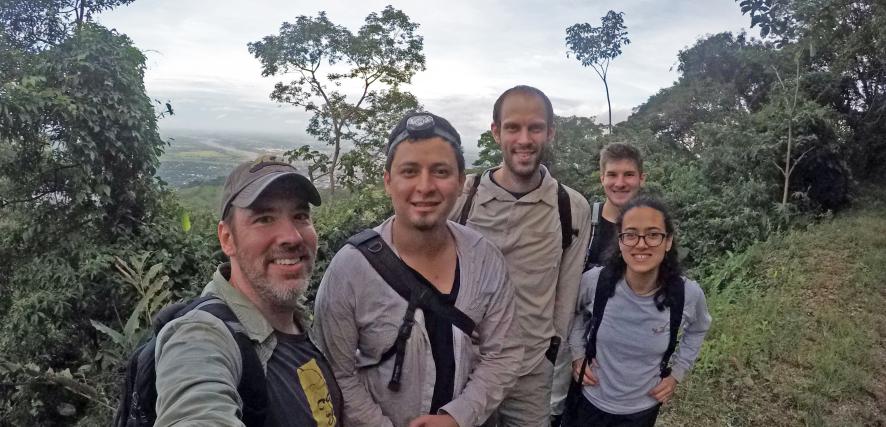
James Watling, Ph.D. was a junior in college when he studied abroad in Ecuador for a semester. He had never left the country before. Months later, he returned home after studying the Amazon, climbing volcanoes, and conducting original scientific research from beginning to end. He had found his calling.
Now, as a result of his commitment to research in environmental biology, he will serve as a 2020 Fulbright Specialist in Colombia. Dr. Watling, an associate professor of biology, will spend the spring 2020 semester at Pontificia Universidad Javeriana in Bogotá. The Fulbright Specialist Program is sponsored by the U.S. State Department and gives academics and professionals the opportunity to engage with host institutions across the globe. More than 425 Fulbright Specialists travel abroad each year.His research will focus on mechanistic ecological models, with the hope of forecasting the effects of environmental change on biodiversity.

